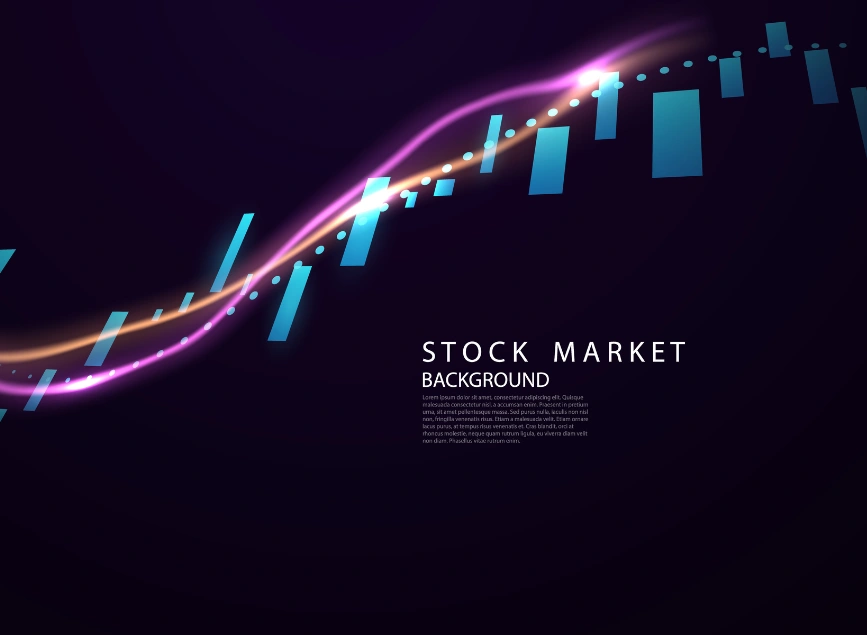
The Forex Market: A Comprehensive and Practical Guide
Estimated reading time: 6 minutes
Table of contents
Financial markets are the foundation of the global economy, enabling the smooth exchange of capital, goods, and services. Among these markets, the forex market is unmatched in size and activity. It operates on a scale that dwarfs stock and bond markets, with a daily trading volume exceeding $5 trillion. This vast liquidity not only attracts institutional investors but also opens the door for retail traders seeking opportunities in the world’s most dynamic financial landscape.
What is the Forex Market?
The foreign exchange market, often abbreviated as forex or FX, is where currencies are bought and sold. Unlike centralized exchanges like stock markets, forex operates on an over-the-counter (OTC) basis, meaning transactions occur directly between parties via electronic networks. This decentralized nature ensures the market runs 24 hours a day, spanning all global time zones.
Forex’s unparalleled trading volume offers unmatched liquidity. Whether you’re a major institution or an individual investor, you can easily enter and exit positions without significant price changes, making forex an attractive arena for traders.
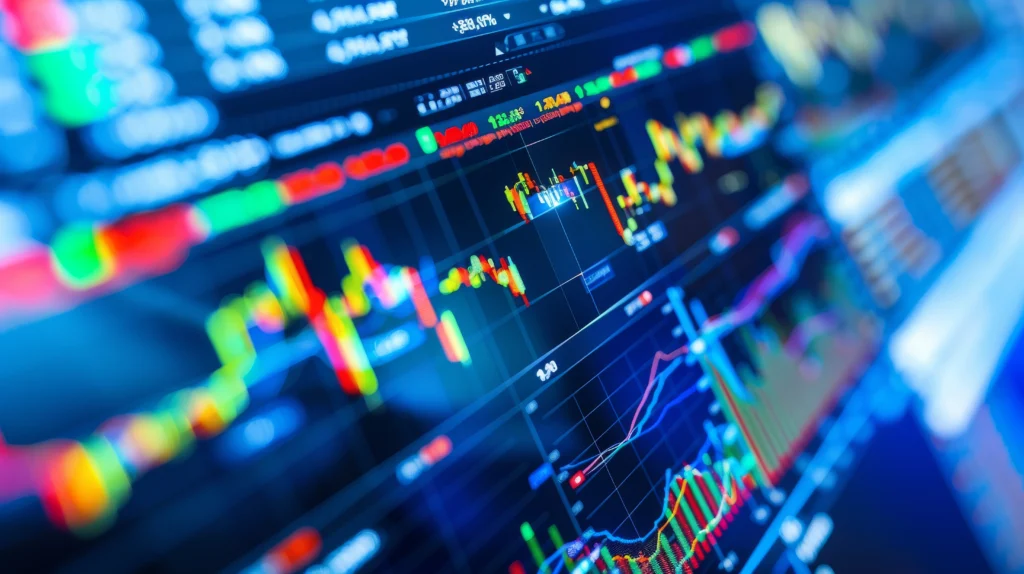
Understanding Currency Pairs
Forex trading revolves around currency pairs, which represent the exchange rate between two currencies. Each pair consists of:
- Base Currency: The first currency listed (e.g., EUR in EUR/USD).
- Quote Currency: The second currency listed (e.g., USD in EUR/USD).
For example, if the EUR/USD pair is quoted at 1.10, it means 1 euro is equivalent to 1.10 US dollars.
Types of Currency Pairs
- Major Pairs: The most traded pairs, such as EUR/USD, USD/JPY, and GBP/USD, involving the US dollar.
- Minor Pairs: Pairs that do not include the US dollar, like EUR/GBP or AUD/NZD.
- Exotic Pairs: Involve a major currency paired with a less commonly traded one, such as USD/TRY (US Dollar/Turkish Lira).

Key Participants in the Forex Market
The forex market is a dynamic ecosystem comprising diverse participants, each playing a specific role:
Central Banks
Central banks like the US Federal Reserve or the European Central Bank (ECB) influence currency values through monetary policies, such as setting interest rates or engaging in quantitative easing. For example, a rate hike often strengthens a currency by attracting foreign investment.
Commercial Banks and Financial Institutions
These entities conduct large-scale forex transactions for business purposes, hedging, and speculative trading. They provide liquidity to the market and influence pricing through their massive trades.
Hedge Funds and Investment Firms
Hedge funds leverage advanced strategies to capitalize on price fluctuations, often engaging in high-frequency trading or arbitrage opportunities.
Corporations
Multinational companies use forex markets to hedge against currency risks when conducting international business. For instance, an exporter in Europe might hedge against a weakening USD when selling goods in the US.
Retail Traders
The rise of online trading platforms has enabled individual investors to participate in forex. Retail traders aim to profit from short-term price movements using various technical and fundamental analysis tools.
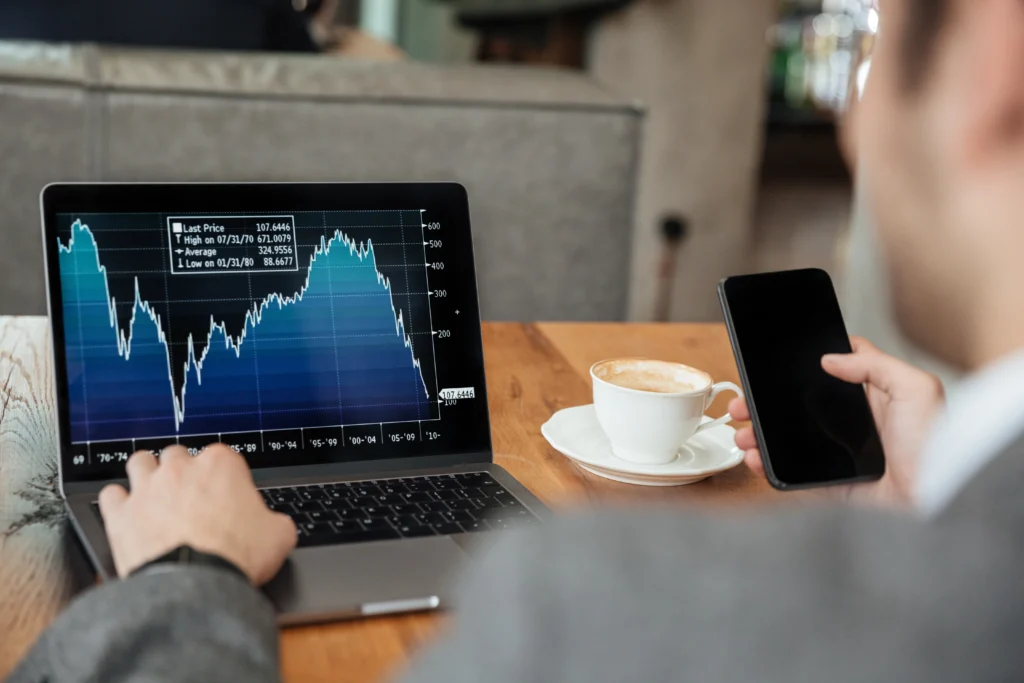
Why Forex Prices Fluctuate
Currency values are influenced by a combination of economic, political, and psychological factors. Here are the primary drivers:
Economic Indicators
- Interest Rates: Higher rates attract foreign capital, increasing currency value.
- Inflation: Lower inflation rates typically strengthen a currency’s purchasing power.
- GDP Growth: Strong economic growth signals stability and attracts investment, boosting the currency.
- Trade Balances: Countries with trade surpluses often see their currencies appreciate.
Read More: Trading Sessions in the Forex Market
Political Stability
Currencies of politically stable countries are seen as safer investments. Elections, geopolitical tensions, or government policy changes can create significant price movements.
Market Sentiment
Trader psychology plays a role in forex volatility. For instance, news of a global recession might lead to a flight to safe-haven currencies like the USD or JPY.

Benefits of Trading in the Forex Market
1. Unmatched Liquidity
With trillions of dollars traded daily, forex offers unparalleled liquidity, ensuring swift execution of trades without significant price slippage.
2. Accessibility
The forex market operates 24/5, making it convenient for traders worldwide. Whether you’re in Asia, Europe, or the Americas, you can trade during your preferred hours.
3. Low Transaction Costs
Forex brokers typically offer competitive spreads and charge minimal commissions, making it cost-effective for traders.
4. Leverage Opportunities
Leverage allows traders to control larger positions with smaller capital. For example, a 1:100 leverage ratio means you can trade $100,000 with just $1,000. While leverage magnifies profits, it also increases risk.
5. Profit in Rising and Falling Markets
Unlike stock markets, forex trading enables you to profit from both upward and downward price movements, offering greater flexibility.

Challenges of Forex Trading
1. High Volatility
Price swings can create profit opportunities but also amplify risks. Beginners must be cautious and avoid over-leveraging.
2. Knowledge and Skill Requirements
Successful trading demands a deep understanding of technical analysis, fundamental analysis, and effective risk management strategies.
3. Security Concerns
Online trading platforms are susceptible to cyber threats. Selecting a broker with robust security measures is crucial.
4. Emotional Discipline
The fast-paced nature of forex can lead to impulsive decisions. Developing emotional discipline and sticking to a trading plan are vital for long-term success.
Why Otet Markets is Your Ideal Forex Trading Partner
At Otet Markets, we understand the complexities of the forex market and strive to provide a seamless trading experience. Here’s why traders choose us:
- Regulated Platform: Trade with confidence on a platform compliant with international regulations.
- Competitive Spreads: Maximize your profits with some of the lowest spreads in the industry.
- Advanced Tools: Access cutting-edge charting tools, market analysis, and educational resources.
- 24/7 Support: Our team is available around the clock to assist you.
- Flexible Account Options: From beginner-friendly to professional accounts, we cater to traders of all levels.
Conclusion
The forex market is a dynamic and rewarding space, offering opportunities for traders of all levels. Its liquidity, accessibility, and flexibility make it a preferred choice for many. However, success requires knowledge, discipline, and the right partner. By choosing Otet Markets, you gain access to a secure, user-friendly platform equipped with the tools and resources needed to thrive.
Start your forex journey today with Otet Markets and experience the difference!
Share
Hot topics

Best broker for gold trading
There’s always been a certain magic about gold. Before online charts and trading applications, people stored their wealth in coins and bars, trusting that gold would retain its value during...
Read more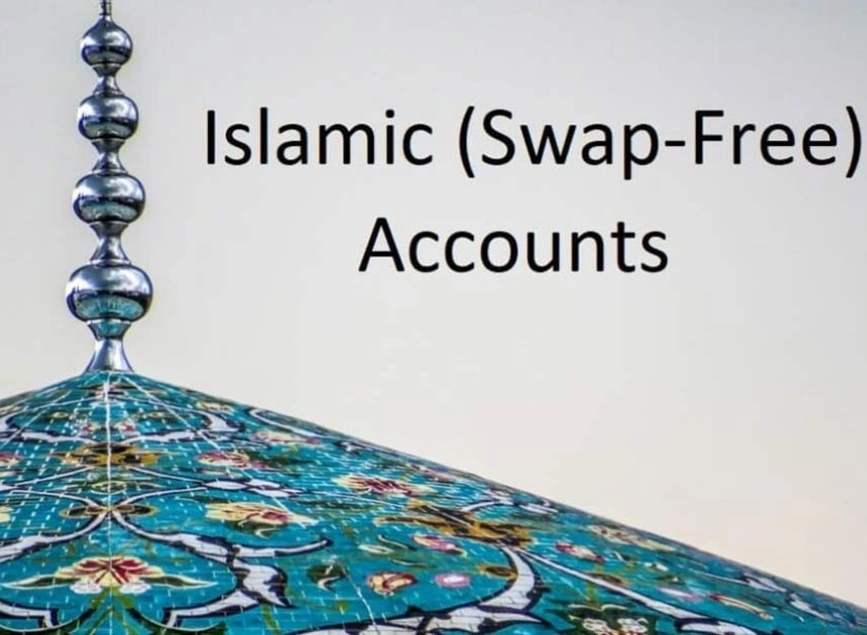
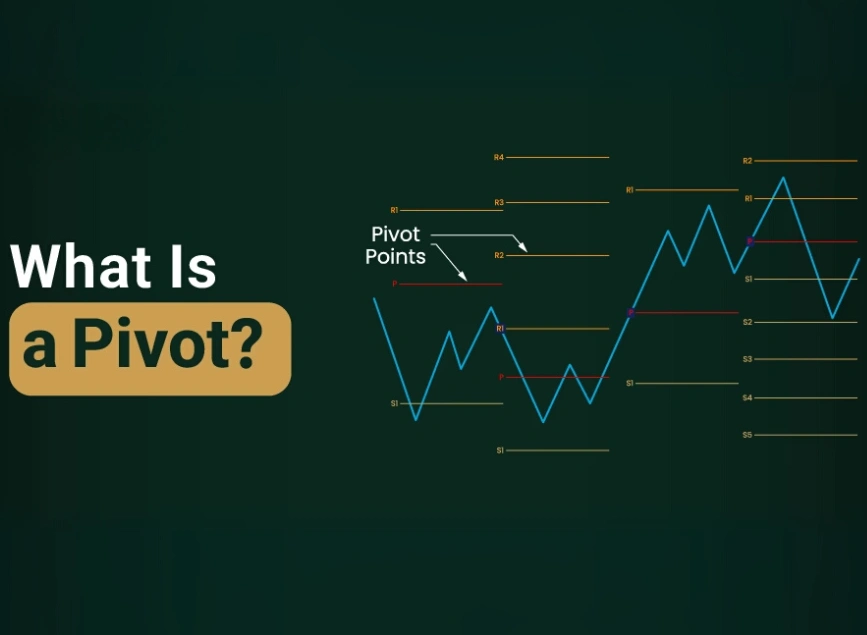
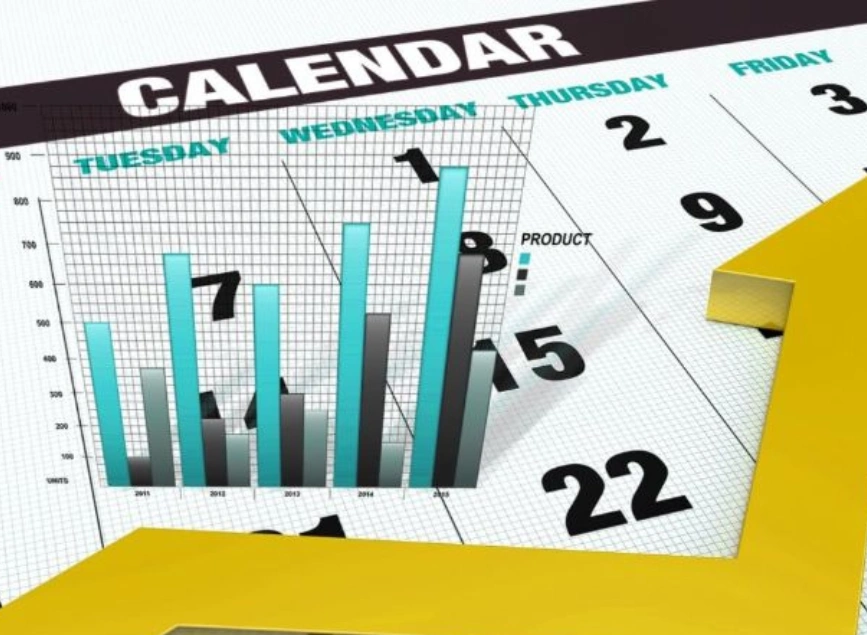
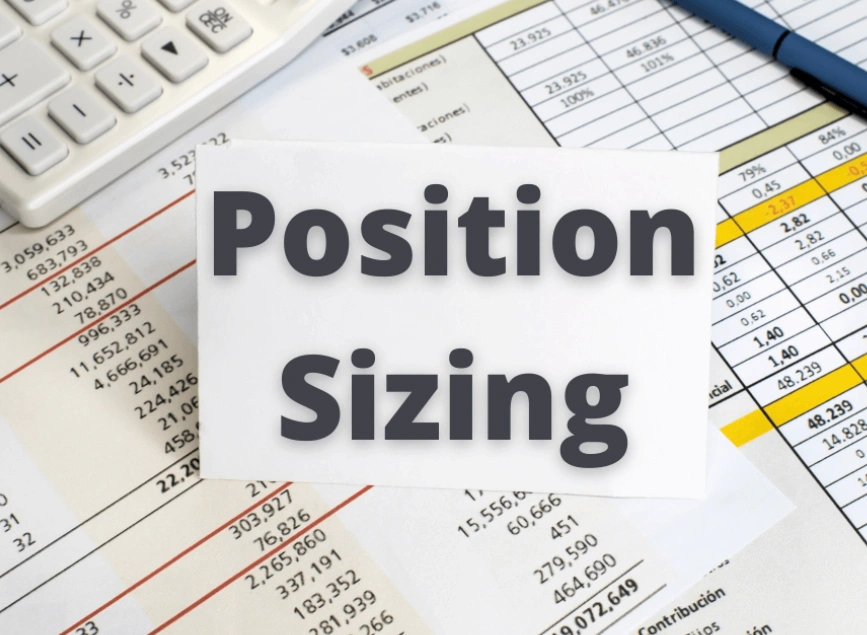

Submit comment
Your email address will not be published. Required fields are marked *